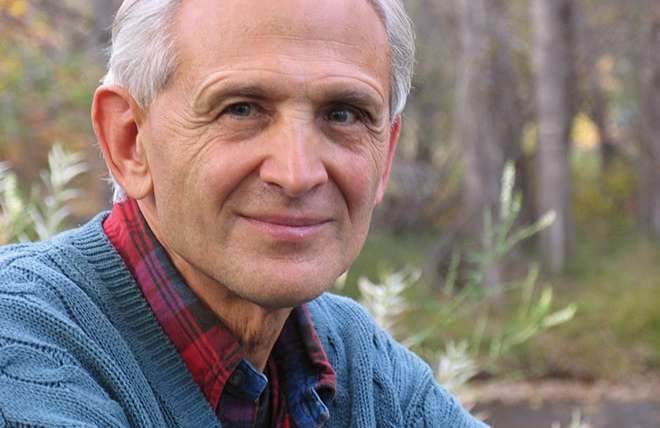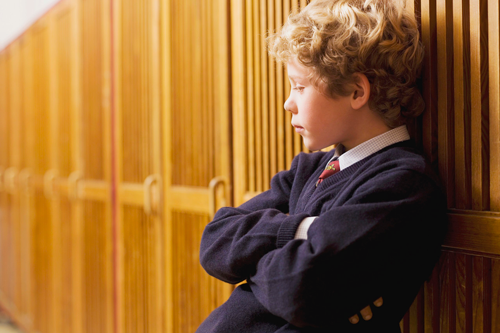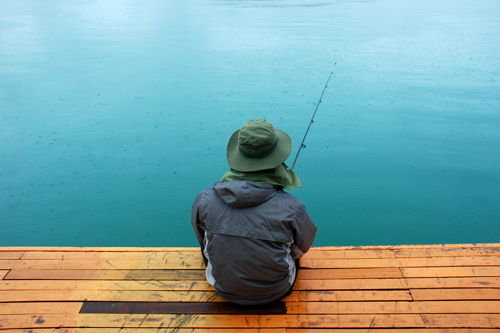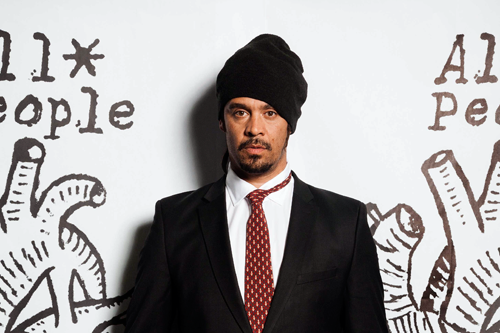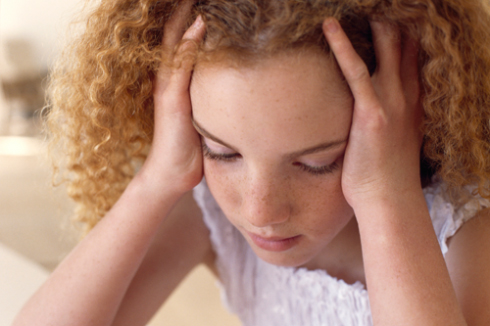By Brittany Shoot What is Somatic Experiencing? Somatic Experiencing works from the relationship of the body to the trauma. For example, when we feel threatened or in danger, our bodies respond in a particular way. We mobilize energy to flee, or if we perceive a mortal threat, we’ll collapse. Somatic Experiencing helps people become aware of their bodies’ responses and…
